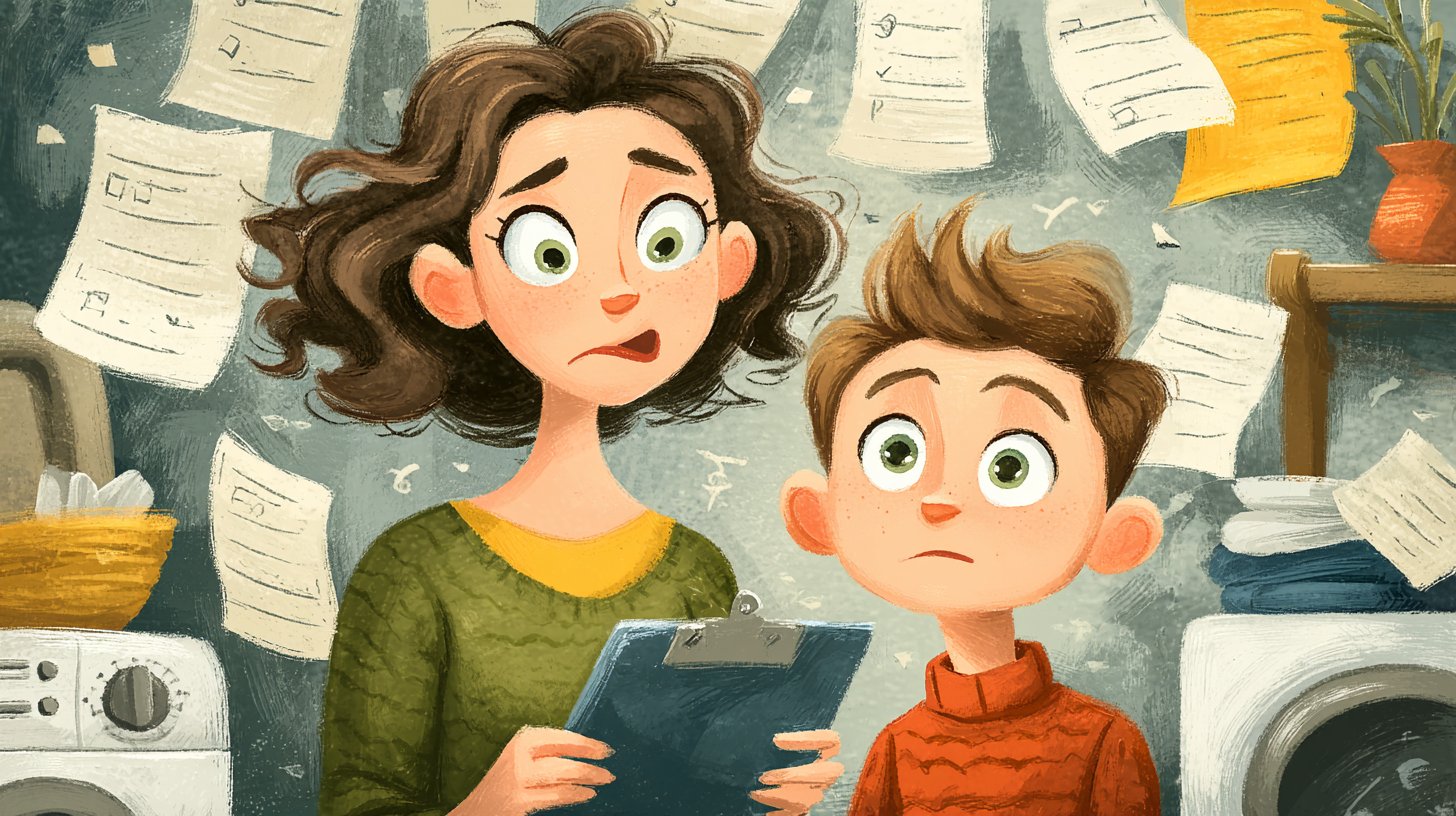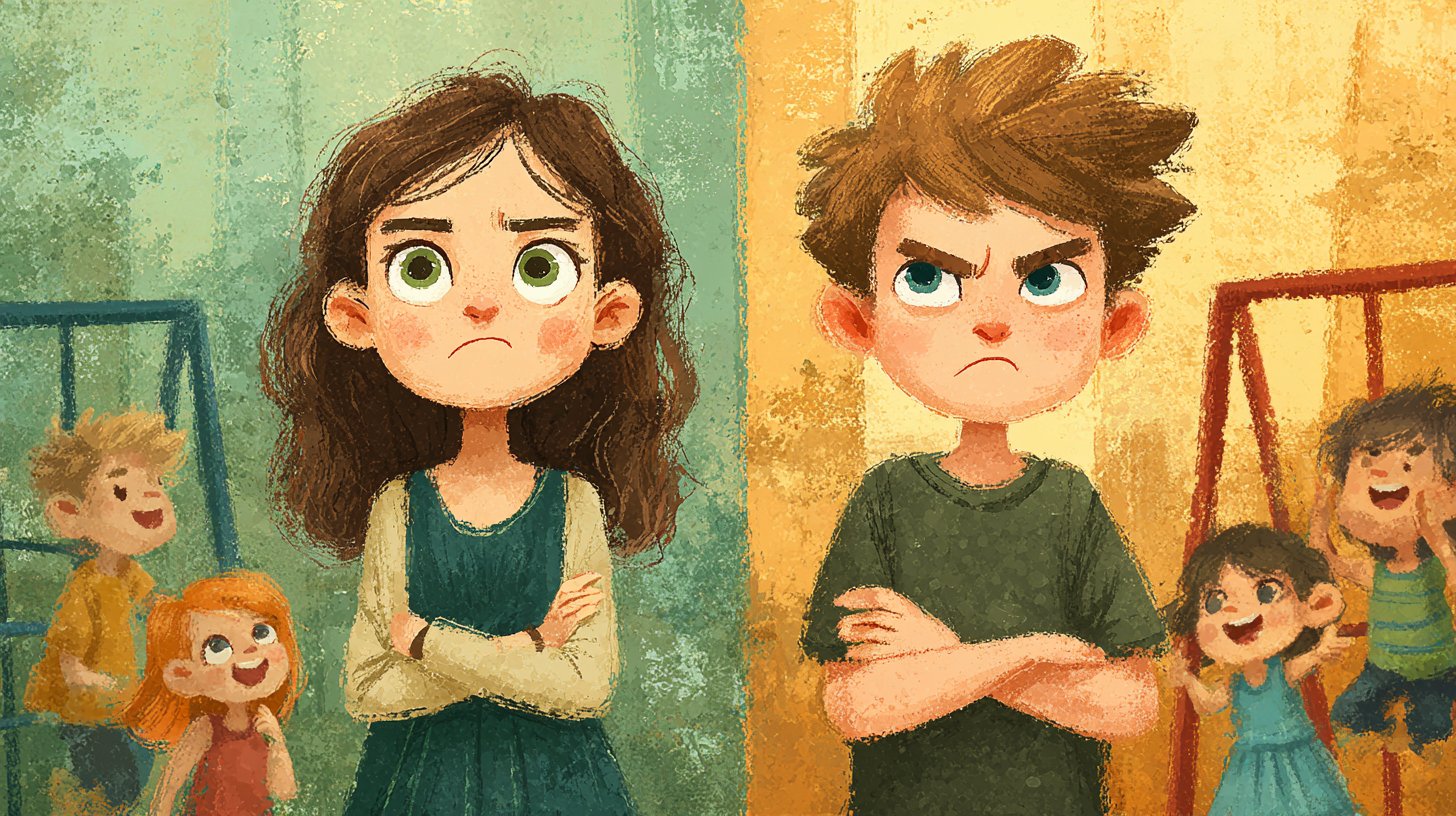How to be a loving parent

Parenting is one of the most challenging yet rewarding tasks in life. However, there are certain behaviors that could make you a toxic parent. Communication, understanding, and patience are crucial to building a healthy relationship with your child.
Often, parents are unaware of how their actions and words can impact the emotional and psychological development of their children. Toxic behaviors can strain the relationship between parents and children and have lasting effects on child development. Here are ten specific actions you should avoid to not become a toxic parent.
Emotional neglect
One of the most common issues in parent-child relationships is emotional neglect. Sometimes it can be difficult to provide the emotional availability your child needs, especially when you are dealing with your own stressors. However, it is important to actively listen and make your child feel valued and loved. Take time to share significant moments in your child's life with them and offer your support.

It is also important to pay attention to your child's feelings. Children often cannot articulate what they are feeling. Be patient and allow your child to express themselves. This means not only listening but also actively engaging with your child's feelings and experiences and providing them space for dialogue.
Excessive control
The urge to control often arises from concern for your child's well-being. However, excessive control can cause a child to feel rigid and trapped. It is essential to find a balance between guidance and freedom. Instead of trying to monitor every step your child takes, encourage independence and decision-making. Show trust in your child's abilities so they can learn to act responsibly.

Try to give your child opportunities to make decisions and learn from their experiences, even if that means they occasionally make mistakes. These mistakes are important learning moments that can strengthen your child's self-confidence and problem-solving skills.
Negative comparisons
Another dangerous point is negative comparisons. If you constantly compare your child to other children, it can lead to a serious loss of self-esteem. Instead of saying, 'Look at your friend, he does that much better than you,' you should acknowledge your child's individual strengths and qualities. Every child is unique and has their own talents and challenges.

Praise your child for their progress, no matter how small. Create an environment characterized by recognition and encouragement, and motivate your child to develop new skills without the pressure of comparison. The feeling of appreciation will help your child feel more secure in their individuality.
If you keep all these points in mind, you can help ensure that your child grows up in a positive and supportive environment. It is important to understand that no one is perfect, and each of us makes mistakes. The most important thing is that you are willing to grow and learn from your experiences. Being a loving and supportive parent is not a one-time goal, but a continuous process.
In today's fast-paced world, where you have to deal with a lot of stress, it is easy to fall into toxic behavior patterns. Be honest with yourself and reflect on your behavior. You have the ability to be a loving and encouraging parent, and the most important thing is that you strive to do your best for your child. Actively work on these aspects to strengthen your bond with your child and create a positive environment.
In conclusion, it is important to be aware of the impact of your actions and words. By avoiding toxic behaviors, you create a harmonious environment that helps your child feel safe and loved. By being authentic, patient, and loving, you lay a foundation for a healthy relationship with your child that can last a lifetime.


